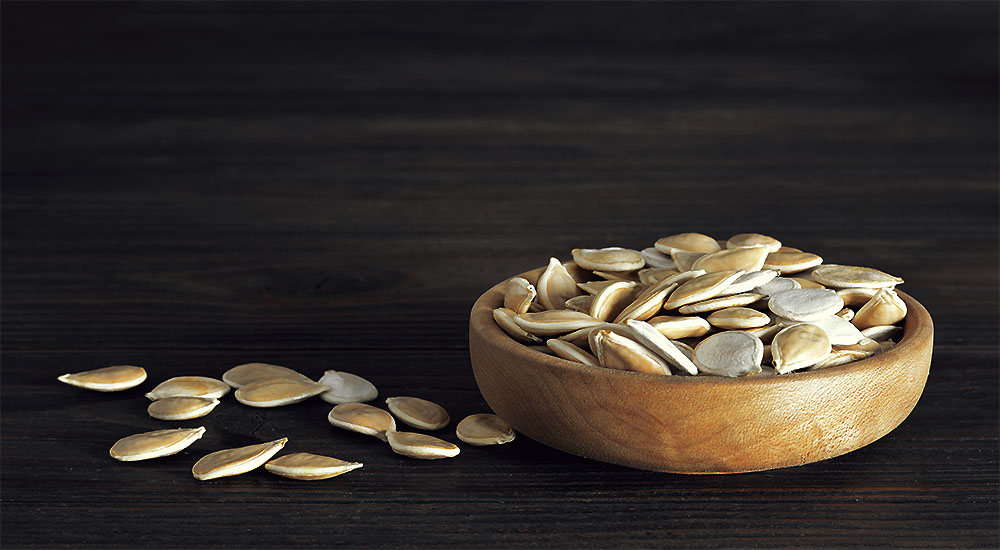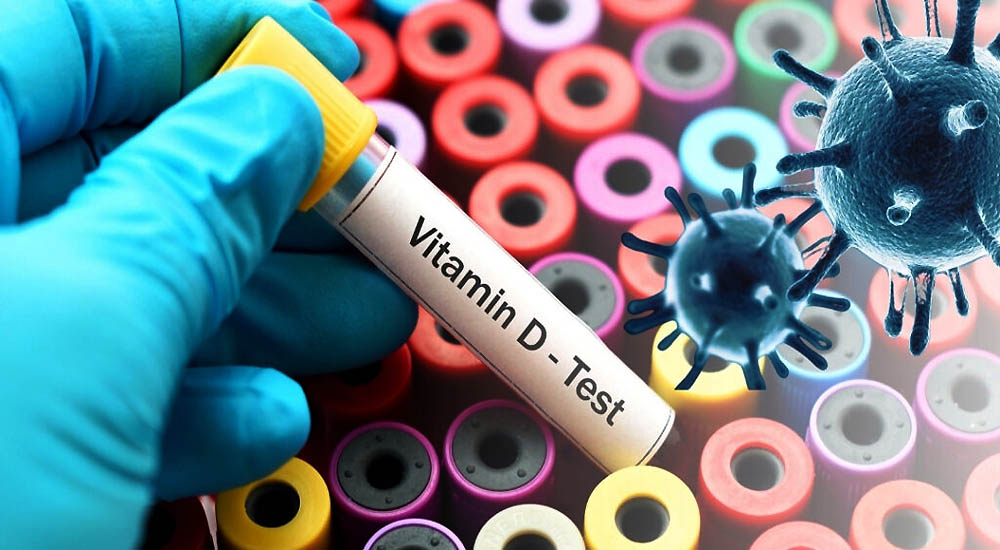Craving Sweets? Why you should try to kick the habit
Are you addicted to sugar? You are not alone
Sugar addiction or sugar cravings, depending on the intensity, are a real problem. No one wants to be addicted to anything because it means you’re not really in control of your body. Yet “loving sugar” or having a “sweet tooth” is something I hear from my patients frequently. If you have weight to lose or suffer from diabetes, you likely are a bit more concerned about your sugar intake. But is anyone “safe” from sugar’s dark side?
I understand this issue both personally and professionally. I was highly addicted to sugar and used to joke that I thought it was genetic, since my mother was the same way. Then genetic testing came available, and I learned that I truly am addicted genetically, in that I have a defect that puts me at risk for sugar addiction. Let’s cut to the good news: I am no longer addicted to sugar, despite my genetic predisposition. And more good news: if I can do it, so can you.
What’s wrong with sugar?
In the past we have discussed that the latitude of where you call home is an important influencer of your vitamin D status. From the equator north to the 35th parallel as well as south to the same 35th parallel, is the sweet spot for vitamin D absorption. In the U.S. the 35th parallel is about the level of southern California, southern border of Tennessee and southernmost point of Nevada. An online search will show you exactly.
Beyond the geography of where you live, there are also lifestyle factors that can influence your vitamin D3 levels, supplements and ingesting certain foods such as fish oil, egg yolks, mushrooms and beef, to mention a few.
Are you addicted?
• If, despite how full you might feel after a meal you “must” have dessert, you are likely addicted.
• If you think about sugar every day and what sugar containing food you are going to consume, you are likely addicted.
• If you have trouble stopping eating sugar-laden foods, you are likely addicted.
• If holidays or birthdays get you going on a bit of an uncontrolled binge for a while, you are likely addicted.
• If you’ve tried to quit sugar and suffered repeated failures, you are likely addicted.
You are likely NOT addicted if you can take or leave sugar and do not really miss it if you go for a period without it.
Why do you crave sugar?
Over and above its addictive quality, why else would you crave sugar?
Sugar enters your bloodstream very quickly and can therefore “satisfy” a low blood sugar moment, making you feel better. Unfortunately, its stability is short-lived and your blood sugar will again plummet. Therefore, it is important to understand why your blood sugar is erratic in the first place.
Some reasons include:
- Food sensitivities, including gluten (which, by the way also targets the addictive centers of your brain).
- A poor diet, consisting of over-processed “non-foods” that are not satisfying and therefore do not provide adequate fuel for your cells.
- Dehydration, believe it or not, will cause you to crave a quick “pick me up.” The needed solution is more water.
- Hormonal imbalance in women can cause sugar cravings. Progesterone, the “mellow feel good” hormone is a glucose stabilizer. If you are deficient in progesterone, you will not only crave sweets, but you will also suffer such symptoms as menstrual cramps, PMS, irritability, depression, migraines, and more. This was a major issue for me. Once I stabilized my progesterone, my sugar cravings decreased rather dramatically.
- Nutritional deficiencies such as magnesium and zinc are two minerals frequently found deficient or insufficient in those who crave sugar.
Why bother fighting your craving?
It is very worth your while to get a handle on your sugar cravings. You “feed” and “empower” bacteria and yeast by eating sugar and some say the same for viruses and even cancer, too. While there have not yet been any randomized controlled studies showing that sugar causes cancer, consuming sugar usually means consuming more calories, many of which are void of nutrition. Sugar puts you at risk of obesity and thus diabetes and certain types of cancer, plus immune system and inflammatory issues like heart disease, autoimmune diseases, and dementia.
Sugar is not your friend; in fact, it’s a dangerous enemy that you would do very well to avoid. In order to fight your sugar cravings, you can just say “no,” but if you’re someone who truly craves, you know that only lasts for so long. There is a discipline factor, but it is unfair to you and truly setting you up for failure if you do not discover the root of your addiction, such as the underlying cause of blood sugar instability. You need to be ready, determined, and then find a clinician who specializes in functional medicine to help you.
To taper or to stop
This is a common question and one you will need to figure out individually. We discussed the dangers of sugar, but does that make it the end of the world to occasionally indulge? Maybe yes, maybe no. If you very occasionally have a small dessert (gluten-free of course!) that contains sugar and the result is that you enjoyed it and are fine to not indulge for another month or more, you should be fine. However, if you are like me and the one dessert sets off a craving such that it takes a will of steel to avoid sugar and the craving can last for days or weeks, then you, my friend, should avoid sugar permanently.
Great health is worth the compromise, however, and you can have fun getting creative with healthy sweet alternatives.
Fun ways to indulge your sweet tooth without getting into “trouble”
Have you ever bitten into a piece of fruit and thought to yourself, “this tastes like candy”? The truth is that sweet perception is very relative. If you have not had sugar for three days, you will realize that fruit tastes sweeter. Therefore, my first tip is to enjoy fresh fruit. Berries, citrus, and a nice blend of colors, including papaya and guava, will provide a healthful array of antioxidants and nutrients that not only are healthful but will satisfy your sweet cravings.
Health Hack #1: Try dipping fresh strawberries in a sugar-free, stevia- or xylitol-sweetened chocolate, such as Lily’s.
My next tip is to enjoy dates (I prefer the organic Medjool variety). They are ridiculously sweet naturally and are full of fiber, antioxidants, potassium, vitamin B6, and iron. Unlike sugar, which will skyrocket your blood sugar and then leave you wanting more, dates are highly satisfying.
Health Hack #2: You can eat a couple of dates in their native state, but a really fun recipe is to cut them lengthwise, remove the stem and pit, and put a teaspoon of any nut butter you enjoy inside. A true “decadent” dessert is to melt a little stevia-sweetened chocolate and drizzle that over the top. Place in the refrigerator and in just 10 minutes the chocolate will have set and you can enjoy a guilt-free dessert.
Date sugar is great when you are cooking. Date sugar is not actually sugar since it is just finely ground dates. My last tip is to use natural sugar alternatives. Stevia is a great sugar alternative that comes from a natural plant source. If you’ve tried it and disliked it, consider the liquid form over the powder. I have affiliation, but the Sweet Leaf brand does not have any aftertaste and my patients agree. You can put it on your oatmeal, in hot beverages, and basically enjoy anywhere you formerly added sugar or honey. You can also try Lo Han Guo, or monk fruit sweetener, which also comes from a natural plant source.
Avoid artificial sweeteners, please. They have no benefit, suffer from the same liabilities as sugar regarding weight gain, causing disease such as diabetes, and additionally can cause neurological problems such as headaches and seizures. I hope this helps. Remember that I understand how difficult it is to be a sugar “addict” – I used to be one, too. But you can successfully get past it and that is a great and empowering feeling. Your body and your health will thank you!
*** As always, consult a medical professional before beginning any new protocol
Do you need help with your health?
We have the diagnostic and testing tools, the clinical experience, and a different medical approach to discovering the root cause of why you have the symptoms that are bothering you. As long as you are ready to make some dietary and lifestyle changes, we can help you. We will "hold your hand" through the changes, step by step, to make each step an easy one. We are located in Clearwater, FL, at 1000 S Ft Harrison, at the corner of Ft. Harrison Ave. and Magnolia St. There is plenty of parking space directly accessible from Ft Harrison. If it is not convenient for you to come to Root Cause Medical Clinic, we offer telehealth/telemedicine consultations to residents of certain states. Call us for details.
Contact us for a Consultation – Call 727-335-0400

Dr. Vikki Petersen DC. CCN
Founder of Root Cause Medical Clinic
Certified Functional Medicine Practitioner
Dr Vikki Petersen is a public speaker, author of two books, several eBooks and creates cutting edge content for her YouTube community. Dr Vikki is committed to bringing Root Cause Medicine and its unique approach to restoring health naturally to the world.
Ask a Doctor
Have a health concern you'd like to speak with a doctor about? Or just want clarity on a subject? Ask Us!



